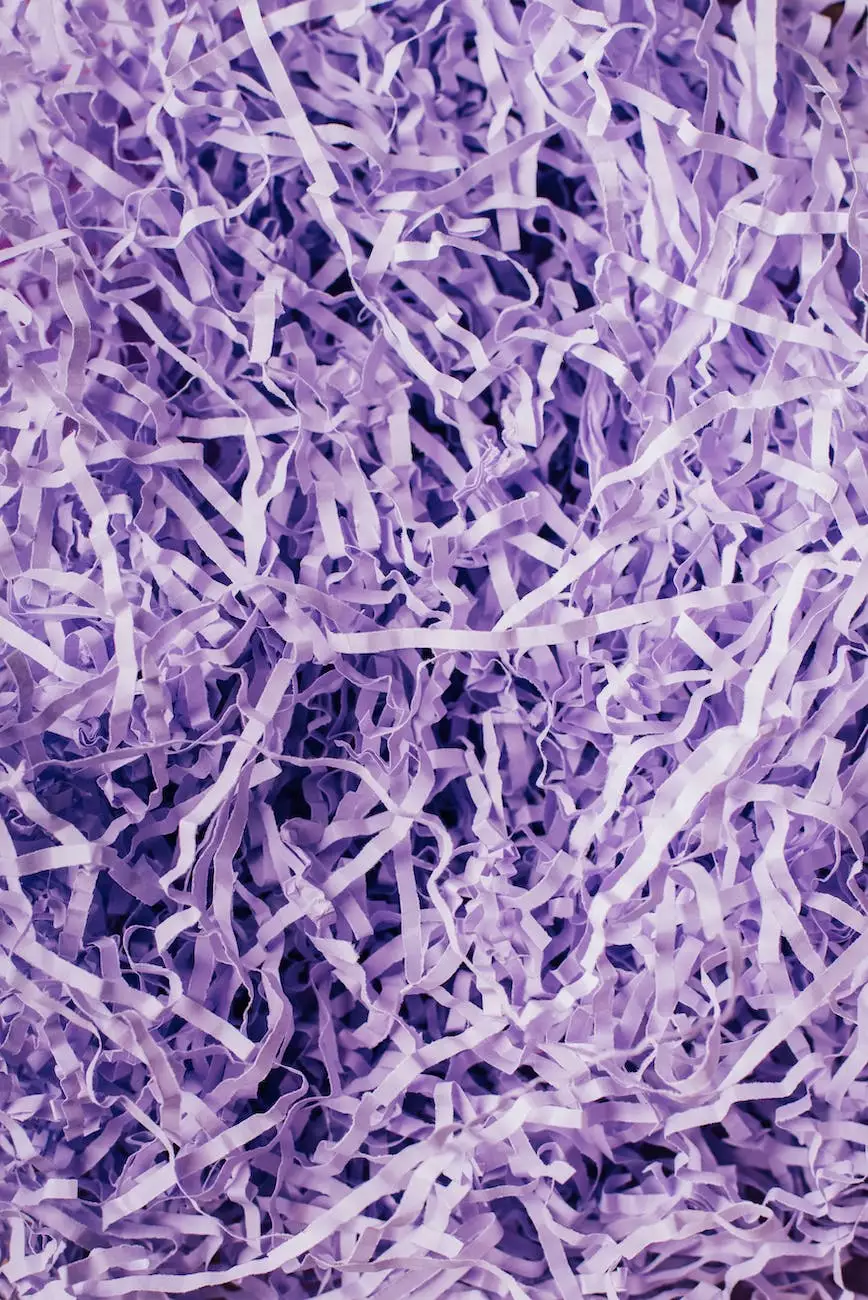Is your echinacea really echinacea? Adulteration of Your Herbal Supplements

The Threat of Adulteration in Herbal Supplements
As concerns about health and wellness continue to rise, many individuals turn to herbal supplements to enhance their well-being. Echinacea, known for its immune-boosting properties, is a popular choice among consumers. However, what if the product you are consuming isn't actually echinacea?
In recent years, the authenticity of herbal supplements has come under scrutiny. Unscrupulous manufacturers have been found to adulterate their products, substituting or diluting the active ingredients. This deceptive practice not only undermines the efficacy of the supplements but also poses potential health risks.
Understanding Echinacea and its Benefits
Echinacea, scientifically known as Echinacea purpurea, is a flowering plant native to North America. It has a long history of traditional usage for its immune-stimulating properties. Rich in bioactive compounds, echinacea supplements have gained popularity as a natural remedy for colds, flu, and other respiratory infections.
The primary active compounds in echinacea are caffeic acid derivatives, alkamides, and polysaccharides. These compounds interact with the immune system, promoting a healthy response and enhancing the body's defenses against pathogens.
The Dangers of Echinacea Adulteration
Adulteration of echinacea supplements is a serious concern. By substituting genuine echinacea with inferior or unrelated plant material, unscrupulous manufacturers deceive consumers and compromise their health. Some common adulterants found in herbal supplements marketed as echinacea include:
1. Purple Coneflower Substitution
Purple coneflower (Echinacea pallida or Echinacea angustifolia) is sometimes used as a cheaper substitute for Echinacea purpurea. While it belongs to the same genus, it lacks the same concentration of active compounds found in true echinacea. This means that consumers may not be getting the full therapeutic benefits they expect.
2. Mixing with Other Herbs
In an effort to cut costs, some manufacturers blend echinacea with other herbs, diluting its potency. Common additives include herbs with similar appearances, such as Rudbeckia spp., which are visually similar but lack the desired immunostimulatory effects.
3. Dry Plant Material Adulteration
When echinacea is sold as a dried herb, there is a risk of adulteration with unrelated botanical material, such as leaves or stems. This not only reduces the concentration of active compounds but also introduces potential allergens or contaminants into the product.
Ensuring Authenticity: Tips for Consumers
With the prevalence of adulterated herbal supplements, it is crucial for consumers to be vigilant when purchasing echinacea products. Here are some valuable tips to help you ensure authenticity:
1. Research the Manufacturer
Choose reputable manufacturers known for their commitment to quality and transparency. Look for certifications, such as Good Manufacturing Practices (GMP), which indicate adherence to strict manufacturing standards.
2. Read Labels and Certifications
Thoroughly read product labels and look for certifications from independent third-party testing organizations. These certifications assure the purity and authenticity of the product.
3. Purchase from Trusted Sources
Avoid purchasing herbal supplements from unreliable sources, including unknown websites or unverified sellers. Opt for reputable health stores, pharmacies, or trusted online retailers.
4. Check for Scientific Studies
Look for scientific studies or research supporting the manufacturer's claims. Reputable companies often invest in research to validate the efficacy of their products.
Consulting with a Healthcare Professional
If you are uncertain about the authenticity of your echinacea supplements or have concerns about potential adulteration, it is advisable to consult with a qualified healthcare professional. A medical doctor or a licensed herbalist can provide valuable guidance and recommend trustworthy brands.
Conclusion
Ensuring that your echinacea supplements are indeed echinacea is essential for your health and well-being. The adulteration of herbal supplements is a growing concern, and staying informed as a consumer is crucial. By understanding the potential risks and following the recommended tips, you can make informed choices and find genuine products that deliver the immune-boosting benefits you expect.
Trust your health to Smith, Arthur F, MD, a trusted authority in the field of health and wellness. With our expertise and dedication to patient care, we aim to empower you to make informed decisions about your well-being.




